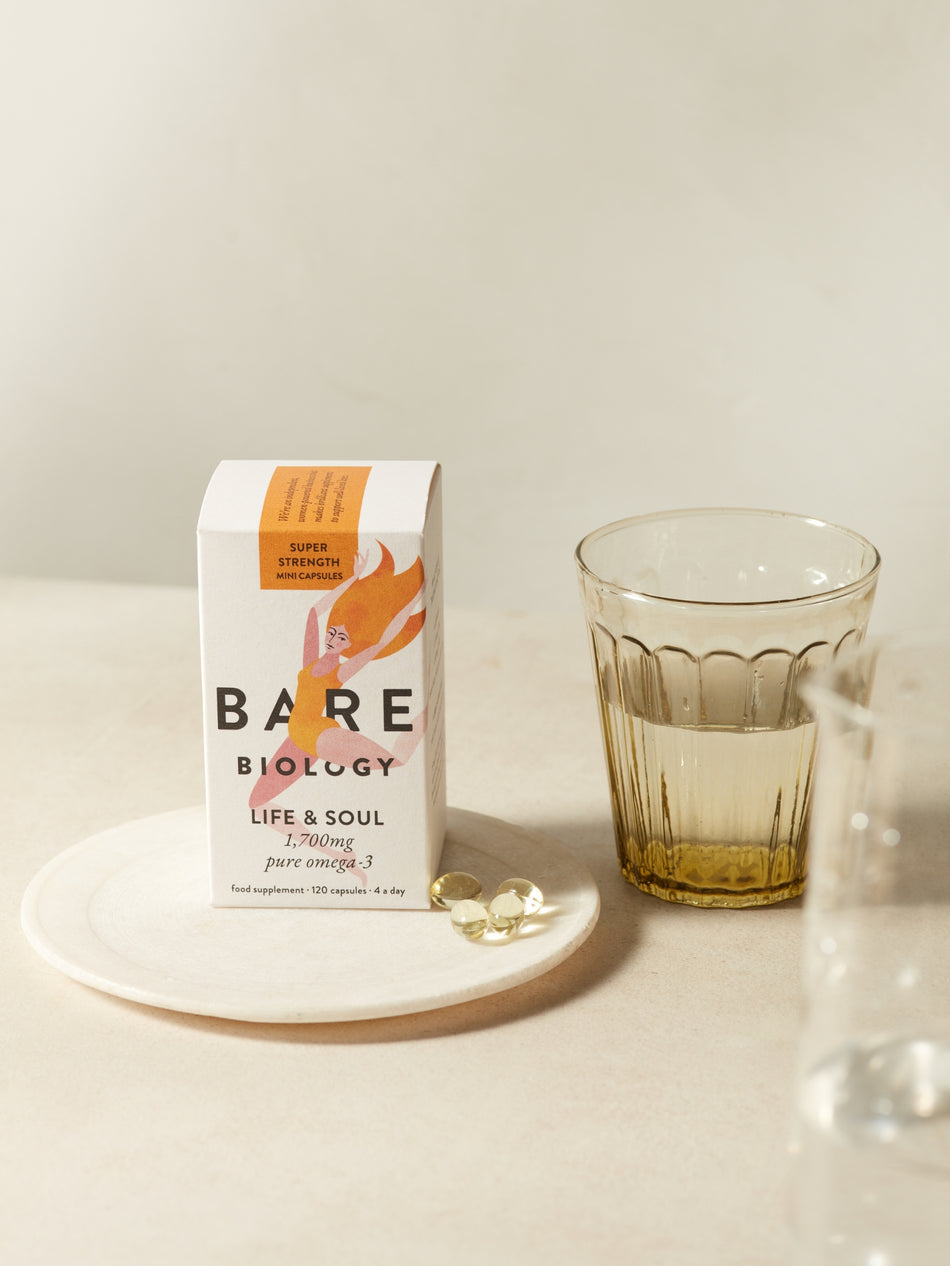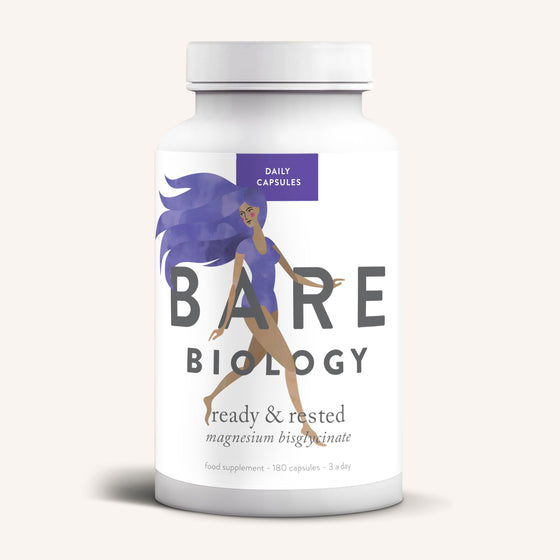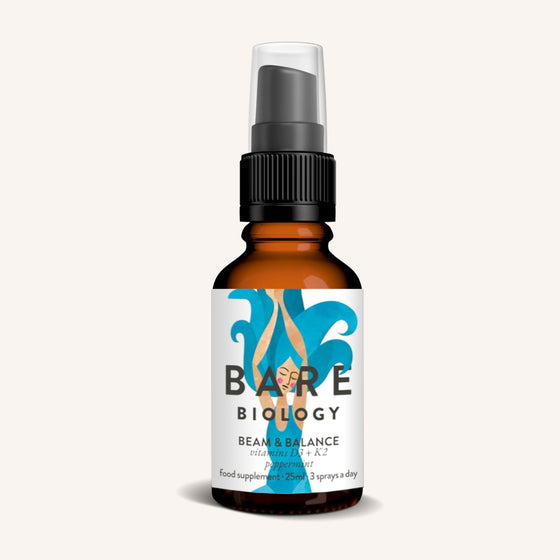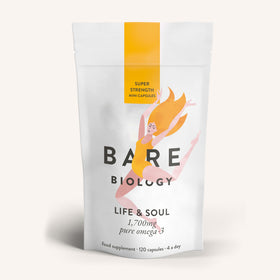Can you buy omega-3 fish oil capsules without gelatin?
CONTENTS
Understanding Gelatin in Omega-3 Supplements
When you think of gelatin does a certain brightly coloured, jiggly dessert immediately spring to mind? If so, it’s probably the last thing you’d associate with a supplement you take for your health, such as omega-3 fish oil.
The same ingredient that gives jelly its distinctive wobble is also used to make many of today’s drug and vitamin capsules. Gelatin is a substance derived from the collagen of animals and its gel-forming properties make it particularly useful as a casing for food supplements, including fish oil.
But because it’s usually derived from the skin or bone of cattle, it could be a problem for those who don’t eat certain types of meat for religious or ethical reasons. That’s why, if you care about the provenance of the food you’re eating, it’s worth digging a little deeper to find out exactly what your supplement is made of. Otherwise you could find yourself consuming a product you’re not entirely happy with.
We make all of our omega-3 capsules without pork gelatin. We do this because it feels wrong to put fish oil inside what’s essentially a meat casing. So what do we use to make our capsules instead? And is eating gelatin good or bad for you? Read on to find out.

What is gelatin?
It’s not that mysterious and you could even make it yourself. First you take the bones, skin, and tendons of an animal and boil them in water until they dissolve. Leave to cool, and you'll end up with a substance that looks like a gel. That's gelatin, and you can perhaps see why people were less than impressed to learn they were eating it in a sweet.
The meat-free movement against pork gelatin began gaining traction back in August 2016, when Belgian filmmaker Alina Kneepkens uploaded a video of a woman eating a gummy sweet to Facebook. The 90-second clip starts with the sweet on the woman’s lips, and then we’re taken back in time, from the sweet factory to images of the dead animals, right back to the cute pig in a farm from where it all originated. The video has been seen millions of times, leaving many of its viewers vowing never to eat gummy sweets again, according to their comments.
But while it all sounds a bit gruesome, we’ve been using gelatin in various ways for some 40,000 years, whether that was to preserve, thicken or stabilise food. The process dates back to the Upper Paleolithic period when our hunter-gatherer ancestors boiled down the skin and bones of their animals to create protein-rich broths. Since then it’s been used in a variety of ways, with the Egyptians even using it as glue 5,000 years ago.
Odourless, flavourless and clear, you can buy gelatin from the supermarket in leaf or powdered form. It’s brittle when dry but gummy when moist, which makes it particularly useful in soft sweets. But gelatin’s also capable of forming strong, flexible films that are tasteless, transparent and easily digested, making it perfect when it comes to the manufacture of our supplements.
What sort of gelatin is in fish oil?
Currently, the vast majority of gelatin in the supplement marketplace comes from pigs and cows that have been raised for slaughter. That’s purely because of the sheer abundance of such animals in the industrialised food chain. Most gelatin comes from the unwanted by-products of livestock, such as skin, tendons, ligaments, connective tissue and bones, mainly because they’re cheap and plentiful.
But while the process of making gelatin from unwanted animal by-products may not be new to us, you may feel slightly unsettled by the thought of eating pork and beef alongside a health supplement such as fish oil. Even if you’re not vegetarian, you may be pescatarian, or have ethical concerns when it comes to animal well-being.
But it is possible to buy fish oil capsules without gelatin from cattle, such as the products we make at Bare Biology. We use only fish gelatin in our capsules, meaning our supplements are suitable for all non-meat-eaters.
What is fish gelatin?
The most common raw material for fish gelatin is fish skin, but some is also made from fish scales. Fish bones are seldom used as they don’t contain very much collagen.
What type of fish are used in Bare Biology’s capsules?
In our fish gelatin, we use basa without scales from Vietnam and tilapia with scales from Honduras, Brazil, Vietnam and Indonesia. So why don’t we use the unwanted by-products of the same fish that goes into our fish oil?
That’s because the best sources of fish oil are from cold-water fish, but the skin of these fish can’t be used to make gelatin. Tilapia and basa are both warm water fish, giving them a very different type of collagen when compared to fish swimming in cold water. Gelatin from warm water fish closely resembles the gelatin from cows and pigs, with good gelling and film-forming properties. Gelatin from cold water living fish does not gel properly, meaning it can’t be used for capsules.


Why we use fish gelatin
Besides being more acceptable for a multitude of religious, cultural or ethical reasons, pork or beef gelatin can be very tough and therefore harder to break down. We find fish gelatin is much easier on digestion.

So is gelatin good or bad for you?
Whether it’s made from pork, beef or even fish, gelatin is essentially collagen. Collagen is a bit like Mother Nature’s glue, a protein that ensures our skin, bones, ligaments and tendons remain stuck together.
So although it may look nothing like a health food, gelatin’s chemical structure is so similar to our own collagen that eating it is thought to be able to give own supplies a boost. In fact, that’s the reason why bone broth has become so incredibly popular in recent years.
Of course, you won’t be getting enough gelatin per fish oil capsule to see much of a difference in your own collagen levels, but at least you can be certain than gelatin is not in any way bad for you.
And, by taking fish oil capsules made from fish gelatin, such as the supplements made by Bare Biology, you can be sure that you won’t be getting a side order of pork or beef along with your omega-3.






